Contents
Landmarks
Print Page List
Shambhala Publications, Inc.
2129 13th Street
Boulder, Colorado 80302
www.shambhala.com
2022 by Peter Haskel
Cover art: Matsumoto Hoji
Cover design: Daniel Urban-Brown
Interior design: Claudine Mansour Design
All rights reserved. No part of this book may be reproduced in any form or by any means, electronic or mechanical, including photocopying, recording, or by any information storage and retrieval system, without permission in writing from the publisher.
 This edition is printed on acid-free paper that meets the American National Standards Institute Z39.48 Standard.
This edition is printed on acid-free paper that meets the American National Standards Institute Z39.48 Standard.
 This book is printed on 30% postconsumer recycled paper.
This book is printed on 30% postconsumer recycled paper.
For more information please visit www.shambhala.com.
Shambhala Publications is distributed worldwide by Penguin Random House, Inc., and its subsidiaries.
Library of Congress Cataloging-in-Publication Data
Names: Haskel, Peter, author.
Title: Zen master tales: stories from the lives of Taigu, Sengai, Hakuin, and Rykan / Peter Haskel.
Description: Boulder: Shambhala, 2022. | Includes bibliographical references and index.
Identifiers: LCCN 2021025328 | ISBN 9781611809602 (trade paperback)
eISBN 9780834844339
Subjects: LCSH: Zen BuddhismAnecdotes. | Zen stories.
Classification: LCC BQ9265.6 .H375 2022 | DDC 294.3/927dc23
LC record available at https://lccn.loc.gov/2021025328
a_prh_6.0_139378365_c1_r0
For Hannah
Ye men of gloom and austerity, who paint the face
of Infinite Benevolence with an eternal frown;
read in the Everlasting Book, wide open to your view,
the lesson it would teach. Its pictures are not in black
and somber hues, but bright and glowing tints;
its musicsave when you drown itis not in sighs
and groans, but songs and cheerful sounds.
Listen to the million voices in the summer air, and
find one dismal as your own. Remember if ye can,
the sense of hope and pleasure which every glad return of
day awakens in the breast of all your kind who have
not changed their nature; and learn some wisdom
when their hearts are lifted up they know not why
by all the mirth and happiness it brings.
CHARLES DICKENS,
Barnaby Rudge, 1841
Meaning comes not from systems of thought
but from stories.
LORD JONATHAN SACKS
CONTENTS
INTRODUCTION
When I was pursuing my graduate studies at Columbia, the universitys specialist in Chinese and Japanese Zen was Philip B. Yampolsky, a formidable and exacting scholar of Zen history who also served as the director of the East Asian Library. With his curling mustache, sideburns, and perpetual scowl, he had the intimidating appearance of an antebellum riverboat gambler or, for some of his Japanese subordinates, a sengoku daimyo, one of the samurai warlords whose perpetual feuding terrified late fifteenth- and sixteenth-century Japan.
My dissertation, many years in the making, dealt with Bankei Ytaku (16221693) and certain of his Zen contemporaries, all eccentric and colorful individuals, like Bankei himself, and the subjects of many anecdotes and legends. I submitted the draft to Professor Yampolsky in his office, a cozy aerie overlooking the old wood-paneled library. Chewing on a well-worn cigar, he paged carefully through my offering, starting, as always, with the endnotes. As he proceeded through the text, his face gradually flushed a bright red. Finally he looked up from beneath beetling brows and riveted me with an accusing stare.
But these are just stories! he protested. Theyre not history
Of course he was right. Crestfallen, I slunk back to the library and began the task of reworking my paper along strictly academic lines, a sobering but invaluable learning experience. In a lighter vein, and perhaps to buoy my flagging spirits, Professor Yampolsky phoned me the next day to suggest that I might retain these portions for the future, something I could pick up again after my dissertation, and I have always promised myself to do just that.
Even now, at a remove of some forty years, I confess that such storiesas that is to varying degrees what they arestill charm me. Indeed I plead guilty to finding more Zen in them by and large than in the more factualor at least historically verifiablerecords of Zen in premodern Japan. Casual readers who share these feelings are quite welcome to skip the following introduction and the individual biographies for each section and simply go right to the stories themselves, which are, after all, the core of the book.
In my defense, Zen, from its still misty beginnings in China, where it is read Chan, has been deeply intertwined with its myths, its tales and stories. Indeed, it is the preservation and celebration of these that have imparted to the teaching much of its distinctiveness and appeal. Put another way, it is stories and their enduring fascination that lie at the heart of so much that has come to be associated with Zen and its development.
Among Chans most familiar myths are the stories surrounding Bodhidharma (d. 528?), the semilegendary South Indian monk and putative First Patriarch of Chinese Chan. Carrying the teaching from India to China, crossing the Yangtze River on a single slender reed, he is said to have spent nine years meditating before the wall of a cliff. There, he is approached by an aspiring pupil, the monk Huike (487593), later Chans Second Patriarch, who stands in the snow ignored by the Indian master till Huike cuts off an arm to demonstrate his sincerity.
Other such stories lie at the heart of what might be called Chans founding scripture, the Platform Sutra. Despite the many references to celebrated texts from the Buddhist canon, certain elements make the Platform Sutra distinct and distinctively Chinese. Notably, this is the only sutra dealing specifically with a Chan school, and the only sutra that purports to convey not the teachings of Shakyamuni, the historical Buddha, or another Indian buddha or bodhisattva, but those of an ordinary Chinese individual, a living buddha present in a particular time and place. In the text, set in the early Tang dynasty (618907), Huineng, an illiterate layman peddling firewood in the market, is suddenly enlightened on hearing a line from the Diamond Sutra: Manifest the mind that does not attach anywhere. He then goes to the temple of the Fifth Patriarch, Hongren (600674), where he is relegated to work as a kind of human treadmill hulling the monastery rice.
This direct and mysterious transmission from teacher to disciple is the central theme of the collections of Chan biographies that appear in China in the tenth and early eleventh centuries. These deploy dramatic stories that frequently feature the lightning give-and-take of encounter dialogues between various protagonists. The earliest of these compendia, the

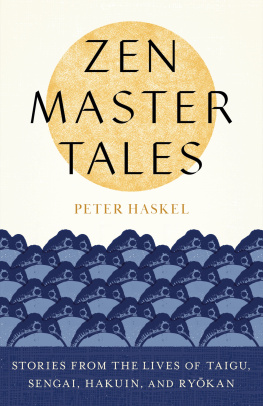

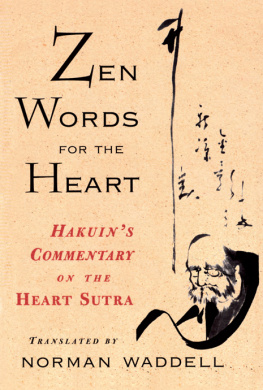
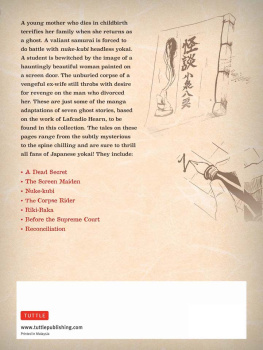
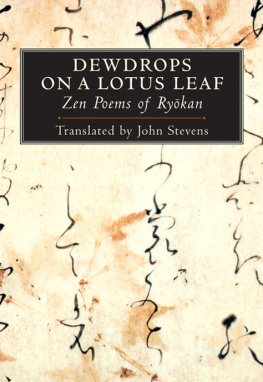
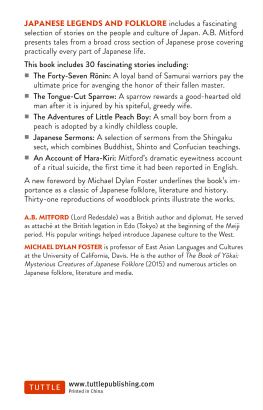

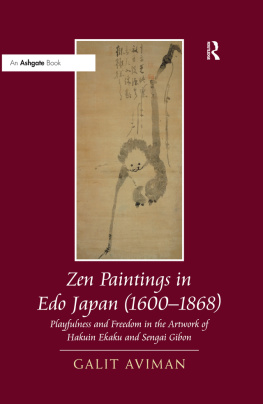
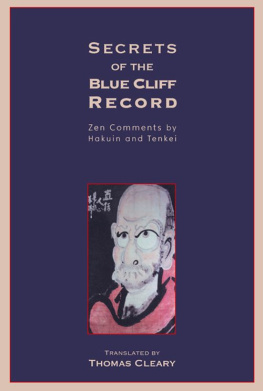
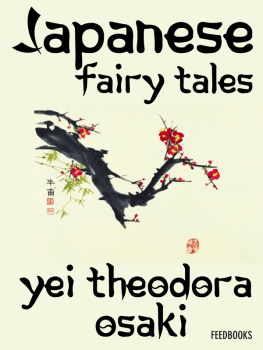
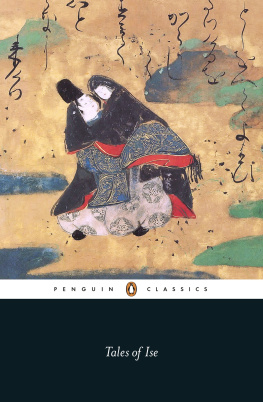
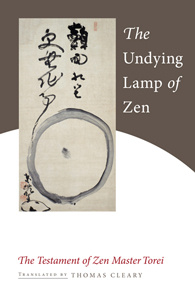

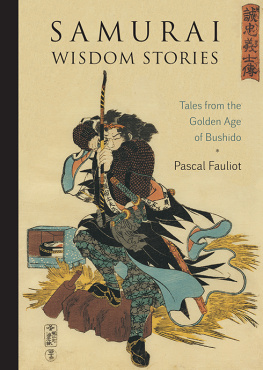
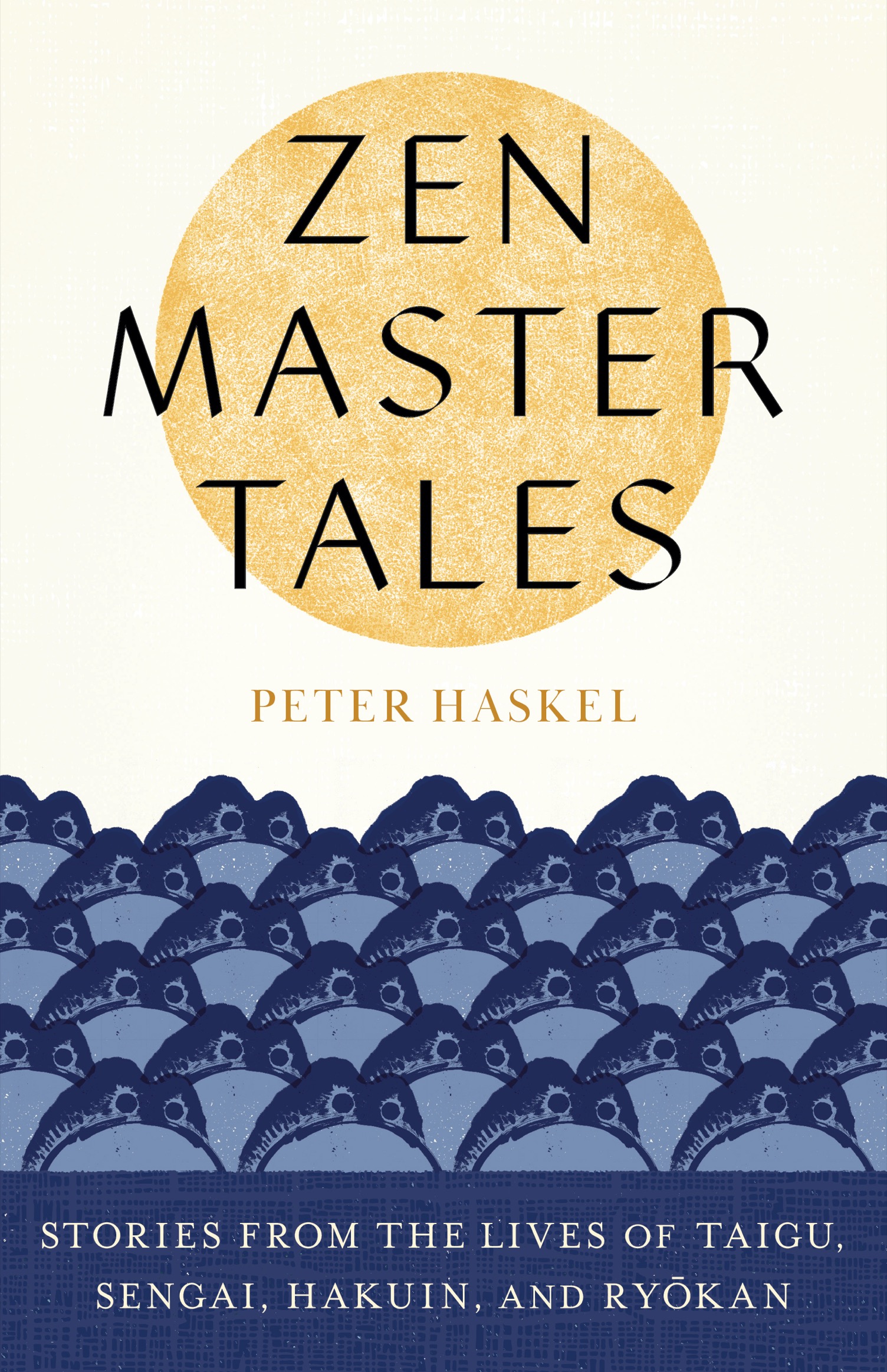
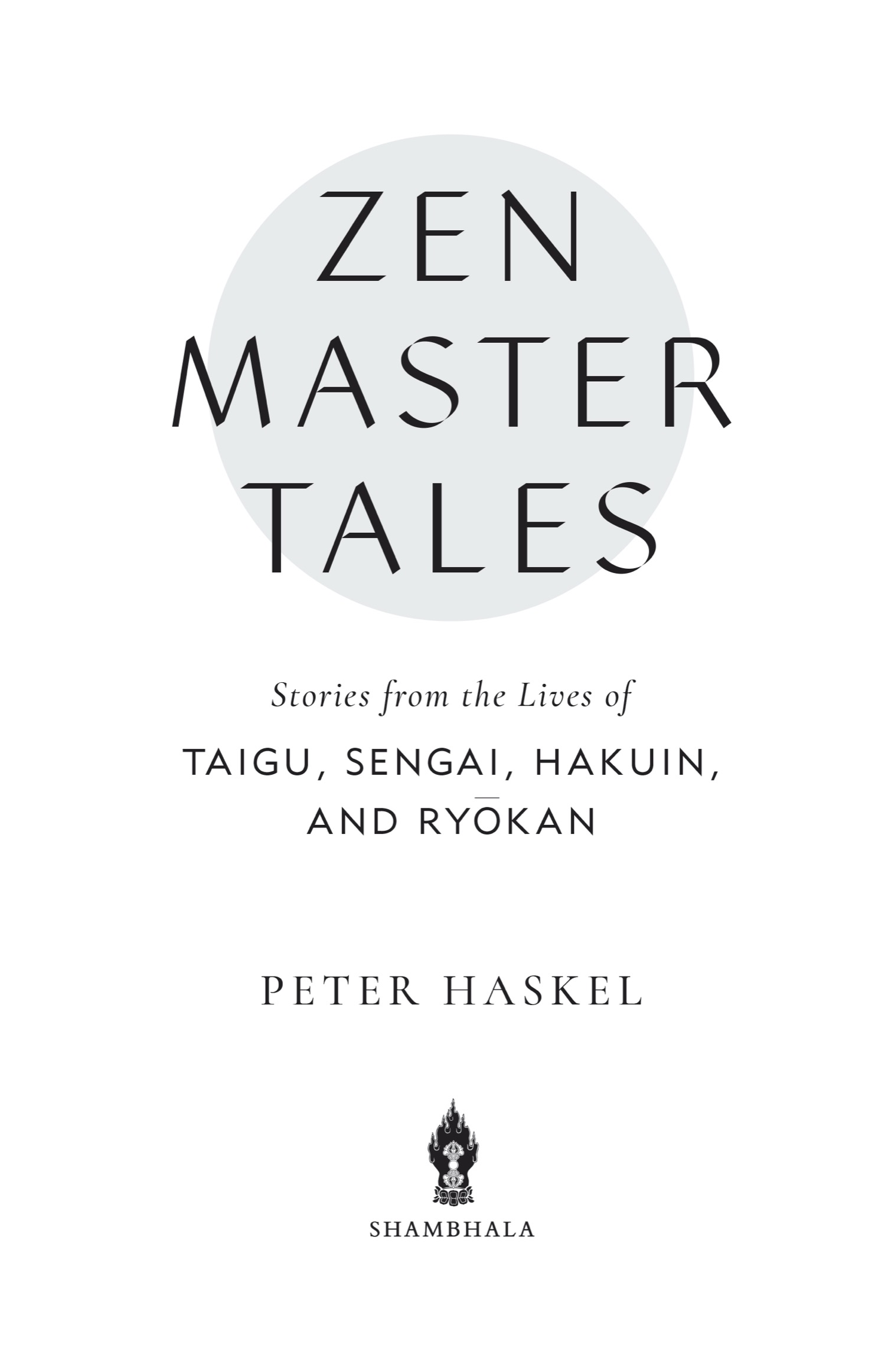
 This edition is printed on acid-free paper that meets the American National Standards Institute Z39.48 Standard.
This edition is printed on acid-free paper that meets the American National Standards Institute Z39.48 Standard. This book is printed on 30% postconsumer recycled paper.
This book is printed on 30% postconsumer recycled paper.